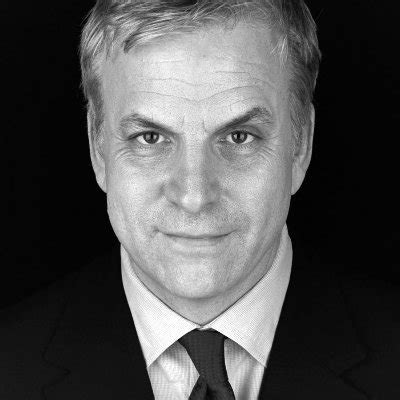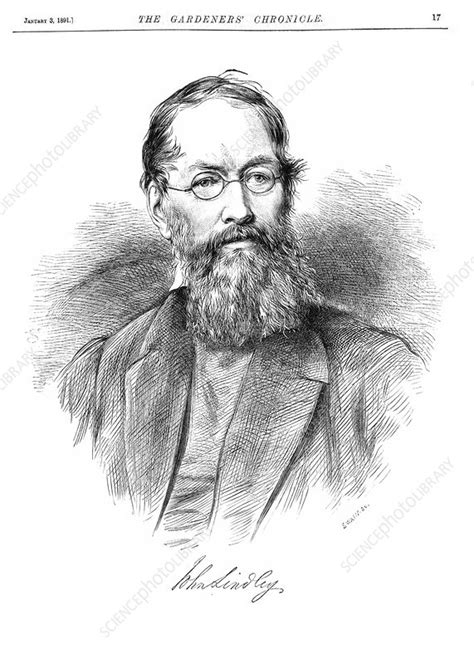A Quote by Jerry Fodor
The data that can bear on the confirmation of perceptual hypotheses includes, in the general case, considerably less than the organism may know.
Related Quotes
Suppose that the organism is given the problem of determining the analysis of a stimulus at a certain level of representation - e.g., the problem of determining which sequence of words a given utterance encodes. Since, in the general case, transducer outputs underdetermine perceptual analyses, we can think of the solution of such problems as involving processes of nondemonstrative inference. In particular, we can think of each input system as a computational mechanism which projects and confirms a certain class of hyputheses on the basis of a certain body of data.
We are ... led to a somewhat vague distinction between what we may call "hard" data and "soft" data. This distinction is a matter of degree, and must not be pressed; but if not taken too seriously it may help to make the situation clear. I mean by "hard" data those which resist the solvent influence of critical reflection, and by "soft" data those which, under the operation of this process, become to our minds more or less doubtful.
Given any rule, however "fundamental" or "necessary" for science, there are always circumstances when it is advisable not only to ignore the rule, but to adopt its opposite. For example, there are circumstances when it is advisable to introduce, elaborate and defend ad hoc hypotheses, or hypotheses which contradict well-established and generally accepted experimental results, or hypotheses whose content is smaller than the content of the existing and empirically adequate alternative, or self-inconsistent hypotheses, and so on.
...We may encounter many defeats, but we must not be defeated. That sounds goody two-shoes, I know, but I believe that a diamond is the result of extreme pressure and time. Less time is crystal. Less than that is coal. Less than that is fossilized leaves. Less than that it's just plain dirt. In all my work, in the movies I write, the lyrics the poetry, the prose, the essays, I am saying that we may encounter many defeats - maybe it's imperative that we encounter the defeats - but we are much stronger than we appear to be and maybe much better than we allow ourselves to be.
The hypotheses which we accept ought to explain phenomena which we have observed. But they ought to do more than this; our hypotheses ought to foretell phenomena which have not yet been observed; ... because if the rule prevails, it includes all cases; and will determine them all, if we can only calculate its real consequences. Hence it will predict the results of new combinations, as well as explain the appearances which have occurred in old ones. And that it does this with certainty and correctness, is one mode in which the hypothesis is to be verified as right and useful.
In experimental philosophy, we are to look upon propositions inferred by general induction from phenomena as accurately or very nearly true, notwithstanding any contrary hypotheses that may be imagined, till such time as other phenomena occur by which they may either be made more accurate or liable to exceptions.








































